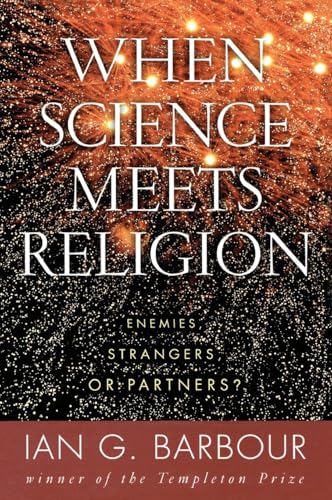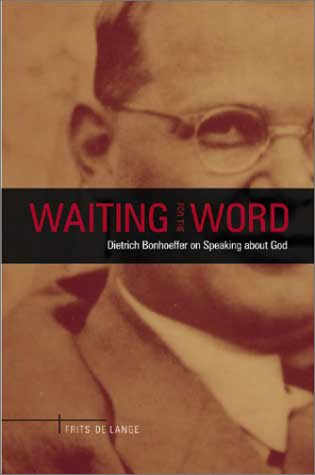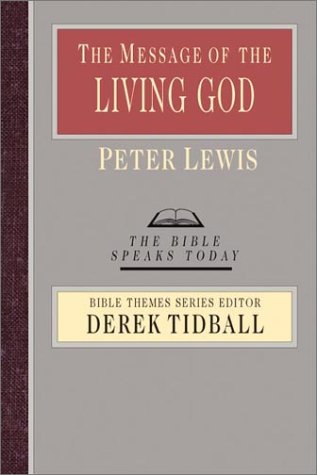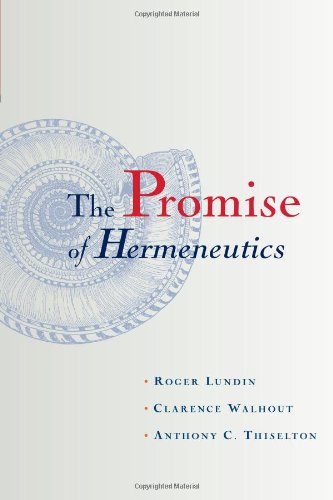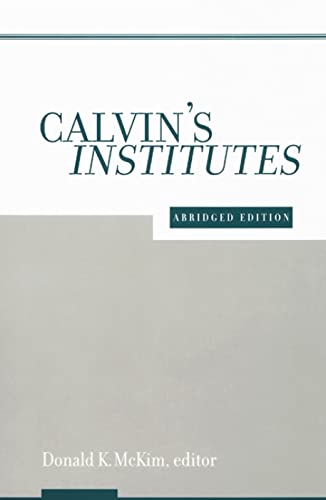This book distils Ian Barbour’s considerable knowledge of the burgeoning field of science/religion studies into a lucid, sensitive, irenic study. The whole gamut of physical, metaphysical and theological issues is canvassed, and most of the central positions on each of these is sketched. Readers are given an expertly written guided tour through the complexities of differing accounts of the science/religion relationship, the importance of astronomical findings, the implications of quantum physics, the perennial tension between creationism and evolution, the relevance of genetics and neuroscience and the relationship between God and nature.
Needless to say, such a wide ranging treatment does not always go deep, but Barbour writes with a humble open-mindedness. allowing his own views to percolate through his presentation of rival positions.
Barbour’s preference is for a mild version of process theology, coupled to the fashionable ‘critical realist’ philosophy of science. Readers familiar with his earlier writings will find little that is new here, but the book does succeed in providing a helpful, if at times slightly repetitive, overview of the contemporary state of discussion. For someone looking to go beyond the conceptually basic treatments offered by many apologetic tracts, or the polemics offered by militant creationists (at one extreme) and reductionist materialists at the other, there is much here to savour.
Barbour favours the possibility of seeking integration between religion and science. This is surely laudable, but those who are sensitive to the insights of modern philosophy of language may wonder whether the attempt to reconcile schemes of belief that involve such differing uses of language is not fundamentally misconceived. Barbour wants to reject a view that takes science and religion as independent, wishing instead to foster dialogue. Yet there would seem to be a position which treats them as independent, in the sense of being different modes of discourse, with their own norms, whilst still accepting that there is plenty of scope for fruitful dialogue about how changes in one domain may affect the other.
John Taylor
Regent’s Park College, Oxford


